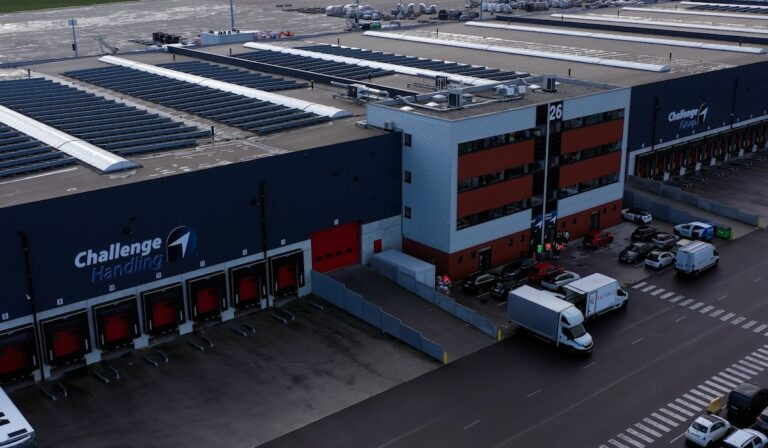As customers and those in the logistics industry seek stability, efficiency, professionalism and cost-effectiveness, especially during the current turbulent times, Challenge Group has sought to provide a solution through its Challenge Handling product.
Within Challenge Group’s fleet expansion strategy, the company has integrated infrastructure development to support it, ensuring sustainable and enduring growth.
“Challenge Handling’s strategic positioning and the assets and infrastructure under our ownership are key to our growth,” David Alexis, Challenge Handling’s General Manager, said.
“Liege serves as a vital cargo hub, so any developments are geared towards benefiting the airfreight and logistics sector, aligning perfectly with our primary business as a freighter operator logistics solutions provider.
“Every investment we make empowers us to maintain complete operational control and customise logistics solutions to precisely match the requirements of our clients.”
This has been reflected in the work Challenge Handling has done to bolster its perishable goods offering with the installation of cool rooms across three warehouses. These facilities look to preserve temperature-sensitive goods through top-level equipment, staff training and dependable deliverables.
“The handling operation at our hub is pivotal, and the investments in two new warehouses and equipment were precisely intended for this purpose, fostering a balanced and efficient development approach,” he added.
Model for growth
Challenge Handling’s business model revolves around strategic partnerships aimed at fostering a more efficient and sustainable supply chain.
“We carefully select stakeholders who meet our highest standards, thereby enabling us to deliver exceptional products to the airfreight and logistics sector globally,” Alexis explained.
Current climate
Amidst the pandemic, customers shifted their focus towards comprehensive logistics solutions rather than just airfreight capacity.
“This shift has persisted, and our ability to provide end-to-end customised logistics solutions along with a diverse array of ancillary services has become our winning value proposition, particularly in complex verticals,” Alexis highlighted.
“This business approach is steering us towards constructing a more robust, efficient, and sustainable supply chain, thereby offering our customers and global trade the stability they seek.
“The reliance on data is crucial, and adopting the right digital tools is essential to attaining efficiency and transparency towards a more sustainable supply chain. This ensures that we provide our business partners with a seamless customer experience.”



